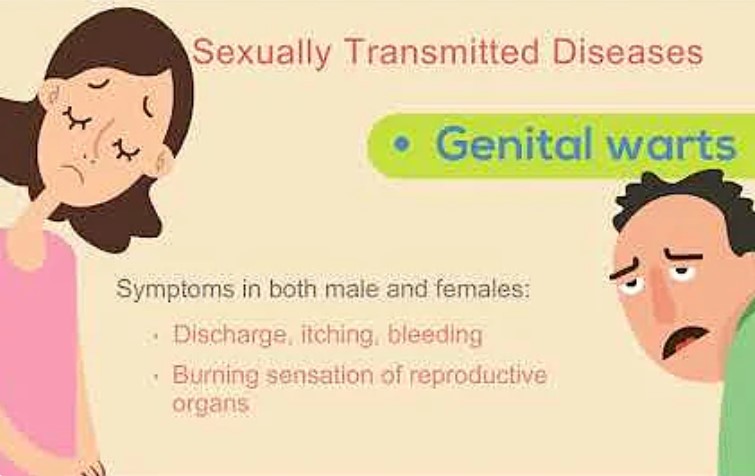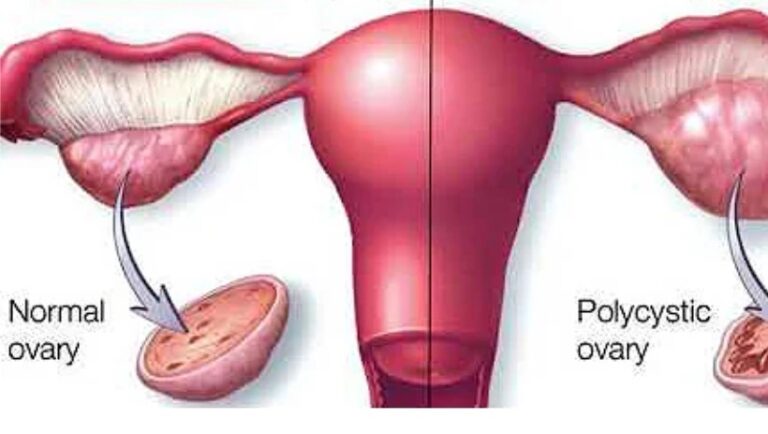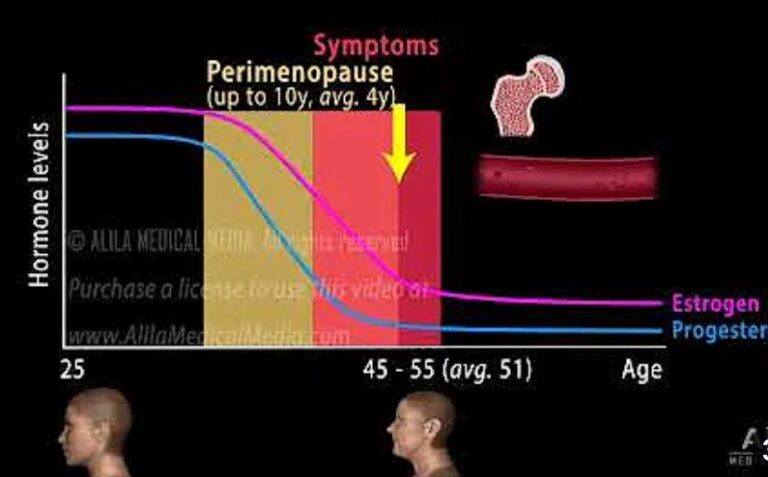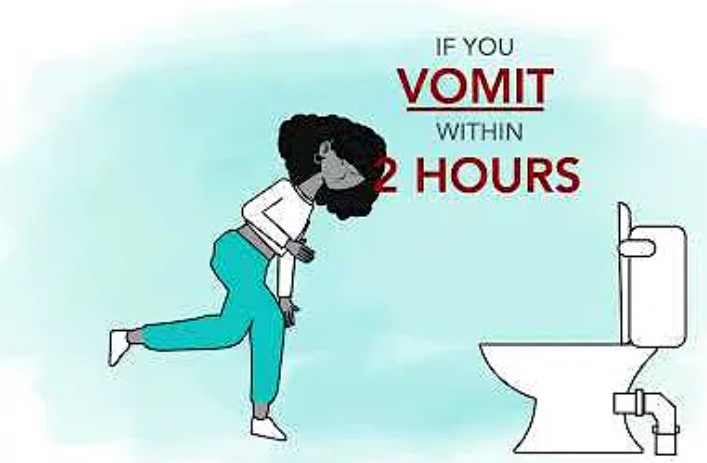Sexually Transmitted Infections: Symptoms, Treatment & Prevention!
Sexually Transmitted Infections are one of the most common reasons for worry among adolescents and college students. There are a lot of persons walking with various forms of STIs. Delays in detection and treatment can lead to several complications in the future.
What are Sexually Transmitted Infections
STIs as the name says are infections that are transmitted from one person to another through sexual activities. This includes all vaginal, anal, or oral intercourse.
What are the Causes of Sexually Transmitted Infections
STIs can be caused by a host of organisms such as;
Bacteria: gonorrhoea, syphilis, etc.
Viruses: like herpes, hepatitis, HIV, etc
Fungi: like Candida
Some Parasites: such as scabies, and pediculus pubis can be transmitted via intercourse. These however are not infections.
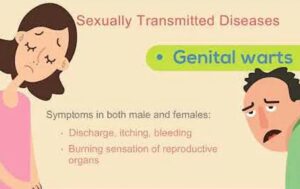
What are the Common Sexually Transmitted Infections
Let’s talk about the common STIs in our environment. We would start with;
Bacterial Causes such as
Syphilis
This is caused by a bacteria known as Treponema Pallidum. You can ignore the name if you can’t pronounce it. Just call it Syphilis. The bacteria enter through wounds on the skin around the genitals (penis or vagina). This bacteria can also be transmitted by kissing, blood transfusion, or through pregnancy from mother to child.
Those infected with Syphilis usually notice it like 2 weeks to 3 months after unprotected sex, through an ulcer around their genital area which is not painful. This might disappear later on its own. However, it would only come back worse later with rashes all over the body. Symptoms include fever, tiredness, and headache. Some persons would have ulcers on their genitals.
Complications include deafness, meningitis, etc.
Know that Syphilis can stay in your body for up to 10 years and affects several organs. Syphilis in Pregnancy can result in miscarriage or giving birth to a very sick baby.
Confirmation for Syphilis is through a laboratory test known as VDRL.
Treatment: Individuals with syphilis should see a doctor. The doctor after confirming Syphilis would prescribe penicillin for you, with the dose and how long you should take it. Please, do not self-medicate.
Gonorrhoea
This is also caused by a bacteria known as Neisseria gonorrhoea. It can be transmitted through vaginal, anal, or oral intercourse. It can affect the genital system as well as the eyes.
Symptoms in men include discharge from the penis and pain on urination, although some may not show any symptoms.
In females, most do not show any symptoms and hence, act as carriers. However, some persons might develop Pelvic Inflammatory Disease.
Diagnosis is through laboratory testing.
Treatment: see a doctor. You would be given a drug (ceftriaxone) and your doctor would let you know how many to take and for how long to take them. Do not self-prescribe.
Chlamydia
This is a similar infection to gonorrhoea and is also transmitted in the same way. Most men are usually without symptoms and usually act as carriers in this case.
In women, it can lead to vaginal discharge, painful urination, bleeding after sex, or in between your periods. If untreated, it can lead to the development of PID with the risk of tubal damage and infertility.
Diagnosis: through laboratory investigation with vaginal smear.
Treatment: see a doctor. He/she would recommend the dose and duration of Azithromycin that you would take. Again, do not treat yourself. Antibiotic abuse is very dangerous.
Viral STIs include;
Herpes
This is caused by a virus known as the herpes simplex virus. There are two types; type 1 which causes ulcers in the mouth but can also cause in the genitals. Type 2 causes ulcers in the genitals alone. It can be transmitted via vaginal, anal, or oral intercourse. It can also be transmitted from mother to child and can cause brain damage or death to the child. Symptoms include pain around your genitals, pain on urination as well as ulcers around your mouth and genitals.
Treatment: See your doctor for the dose and duration of the Acyclovir that you would be taking. Know that the medicines are more effective if started as soon as possible.
Genital warts
This is caused by the Human papillomavirus (HPV). Some types of this virus are responsible for cervical cancer. It can take any time from 3 months to 2 years after unprotected intercourse for warts to appear, and during this period, the person can be transmitting the virus.
Treatment: see your doctor. Podophyllotoxin therapy may be of help.
Vaccination is available and is used to prevent infections of HPV.
Hepatitis
This can be transmitted through intercourse. You can read about it here. It is preventable through vaccination.
Human immunodeficiency virus (HIV)
This is a very serious condition. Just like hepatitis, it can be transmitted via intercourse and through blood transfusion. Read about it here.
Prevention of STIs
The only method of preventing STIs is to avoid unsafe sex. Practice the use of condoms at all times if abstinence is not possible.
- If one STI Is detected, the person should also be screened for other STIs because they all go together.
- Partners should be informed and treated as well in all cases of STIs.
- Adolescents and young adults should enrol for vaccination for preventable STIs like Genital warts, Hepatitis among others.
Share the awareness!!
